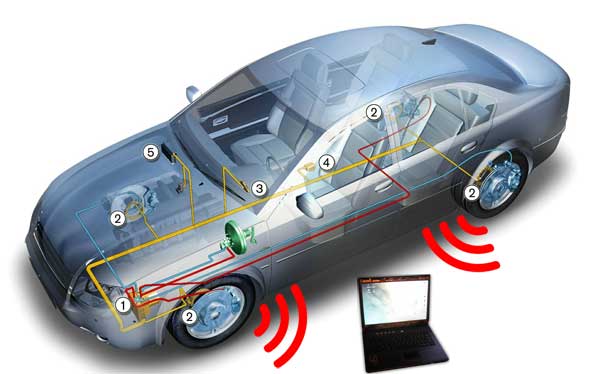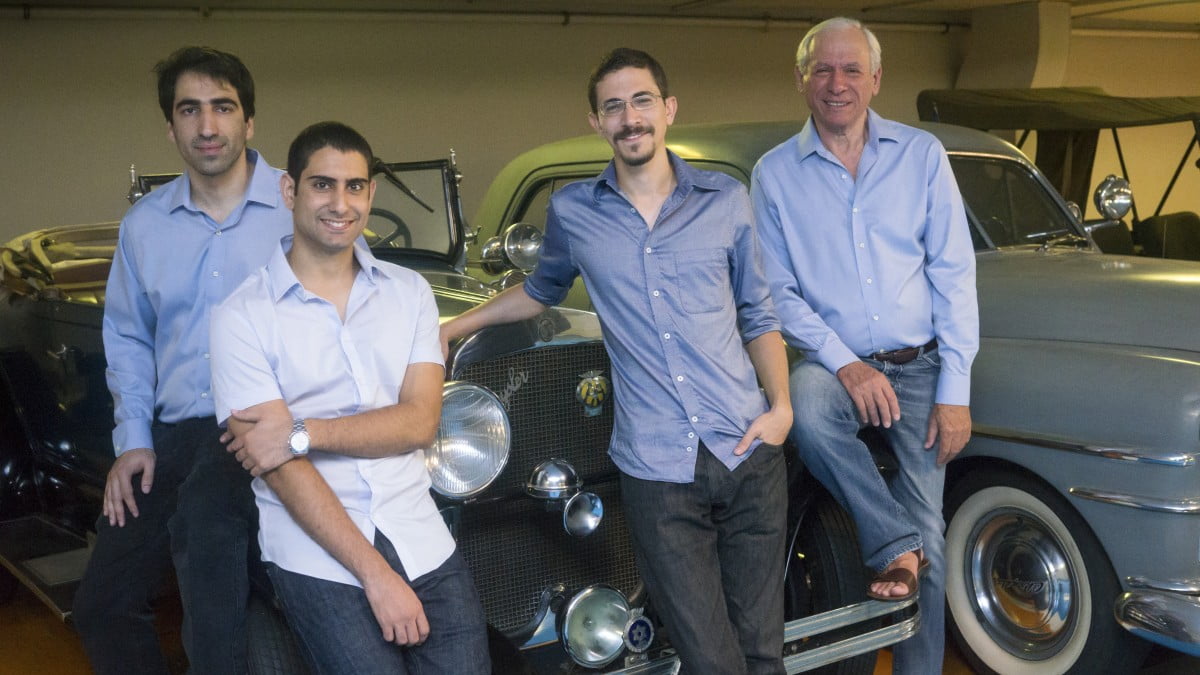This article was first published on The Times of Israel and was re-posted with permission.
Picture this: You’re in your car, slowing down for a left turn– but suddenly your car decides on its own to speed up and turn right. If it hasn’t happened yet, say security experts, it will soon, because vehicles are hooking up to the Internet, and that’s where hackers live. Preventing such incidents is the mission of Israeli start-up Argus CyberSecurity, which is developing a system to detect and prevent real-time hacking of “connected cars.”
Such cars are already here, with higher-end autos from companies like GM, Mercedes-Benz, Toyota, and others equipped with Wi-fi using 3G and 4G data connections, allowing drivers and passengers to use the Internet in their vehicles to get directions, tune into cloud-based music services, and much more. Part of the entrance of the Internet of Things (IoT) into daily life, connected cars will, its proponents hope, make our lives easier.
But connected cars are about much more than the Internet, said cyber-security expert Erez Kreiner, co-founder of cyber-security firm Five-C and former director of Israel’s National Cyber Security Council. “Companies will use the data connections to ensure that drivers don’t get lost or don’t take excessive risks, and monitor the condition of vehicles to ensure that they don’t break down on the road. But hackers will be able to take control of vehicles by hacking into those connections as well,” he warned.
SEE ALSO: Cyber Warfare Tactics Could Be Used In The War Against Cancer
Those connections could be used by hackers to cause mayhem – or by run-of-the-mill crooks to target an individual. “Having connected cars is very efficient and convenient for manufacturers, car repair garages, and other professionals, because it gives them quick and easy access to data, and lets them easily store and analyze it. But it’s also heaven for criminals,” he said. “Imagine an organized crime ‘hit man’ who wants to ‘send a message’ to someone who owes him money. In the old days he might set off a bomb or shoot at the car, but why take risks? Nowadays all he has to do is hack into the car’s communication system and cause it to crash.”
Like with most other innovations, it’s unlikely that manufacturers will turn back the clock on connected cars just because of some cyber-dangers – so it’s a good thing that companies like Argus are on the job, developing a cyber-security system specifically for cars. Last week, Argus announced that it had raised $4 million in first-round funding to develop its Intrusion Prevention System (IPS).
To continue reading this article on the TOI site, click here.
Related posts

Editors’ & Readers’ Choice: 10 Favorite NoCamels Articles

Forward Facing: What Does The Future Hold For Israeli High-Tech?

Impact Innovation: Israeli Startups That Could Shape Our Future






Facebook comments